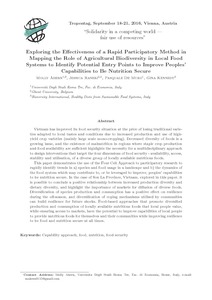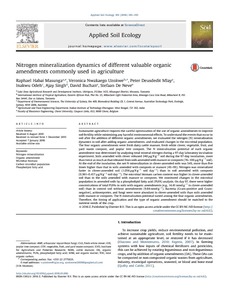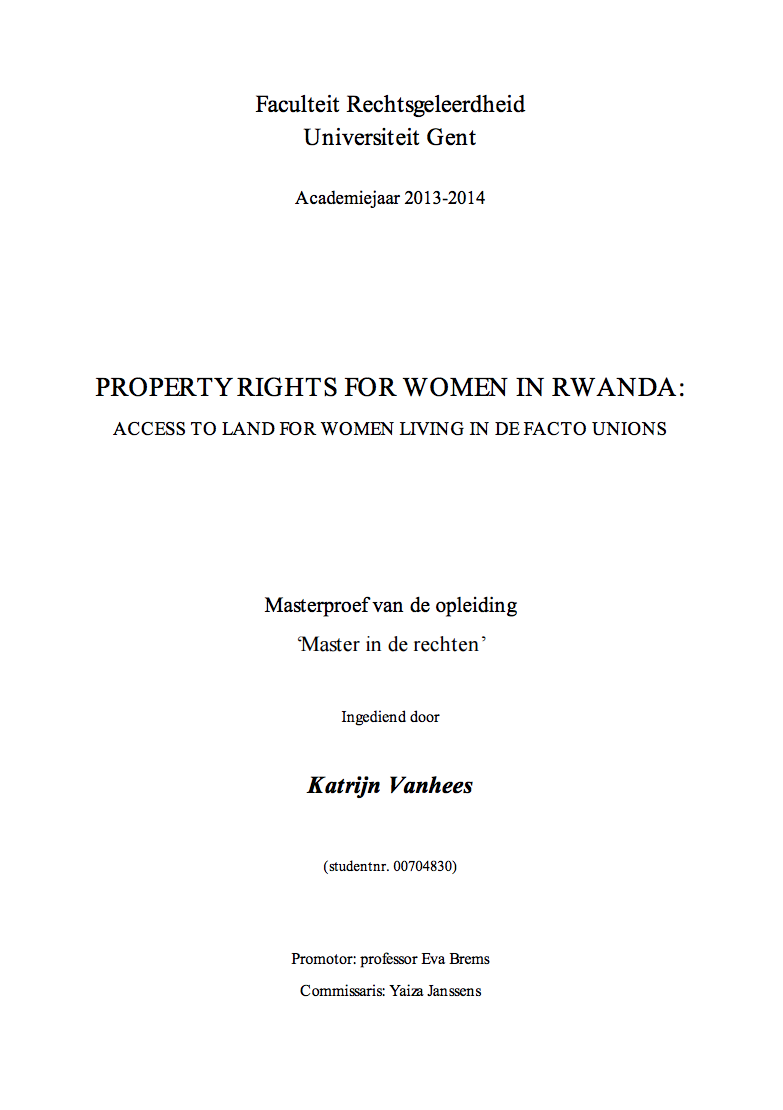Resources
Displaying 1 - 5 of 7Exploring the effectiveness of a rapid participatory method in mapping the role of agricultural biodiversity in local food systems to identify potential entry points to improve peoples' capabilities to be nutrition secure
Vietnam has improved its food security situation at the price of losing traditional varieties adapted to local tastes and conditions due to increased production and use of high-yield crop varieties (mainly large scale mono-cropping).
Seven years resource-conserving agriculture effect on soil quality and crop productivity in the Ethiopian drylands
Nitrogen mineralization dynamics of different valuable organic amendments commonly used in agriculture
Sustainable agriculture requires the careful optimization of the use of organic amendments to improve soil fertility while minimizing any harmful environmental effects. To understand the events that occur in soil after the addition of different organic amendments, we evaluated the nitrogen (N) mineralization dynamics in soil after adding organic amendments, and evaluated changes in the microbial population. The four organic amendments were fresh dairy cattle manure, fresh white clover, vegetable, fruit, and yard waste compost, and poplar tree compost.
Understanding the roles of forests and tree-based systems in food provision
Forests and other tree-based systems such as agroforestry contribute to food and nutritional security in myriad ways. Directly, trees provide a variety of healthy foods including fruits, leafy vegetables, nuts, seeds and edible oils that can diversify diets and address seasonal food and nutritional gaps. Forests are also sources of a wider range of edible plants and fungi, as well as bushmeat, fish and insects.
Property Rights for Women in Rwanda: Access to land for women living in de facto unions
To say that access to land is one of the most important conditions for the
empowerment of African women, would be an understatement. The cultivation of land is one
of the main sources of income and economic wealth depends strongly on a well-elaborated
system of land tenure. However, developing and protecting land rights1
for women in mainly
male-dominated societies is a long-term work. Even though law initiatives2 may guarantee a
de jure equal access to land for women, the outcome highly depends on the way the culturebound






